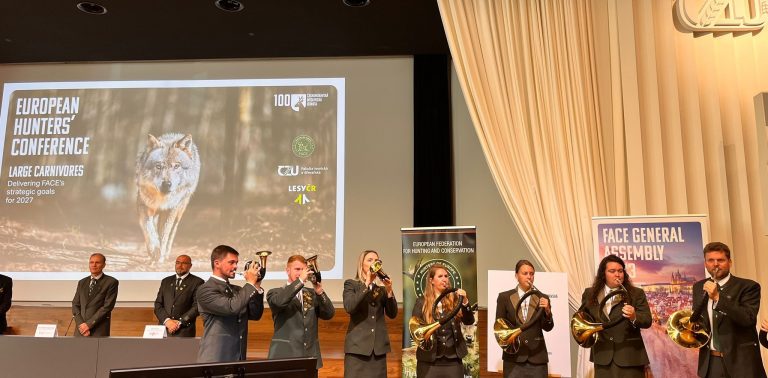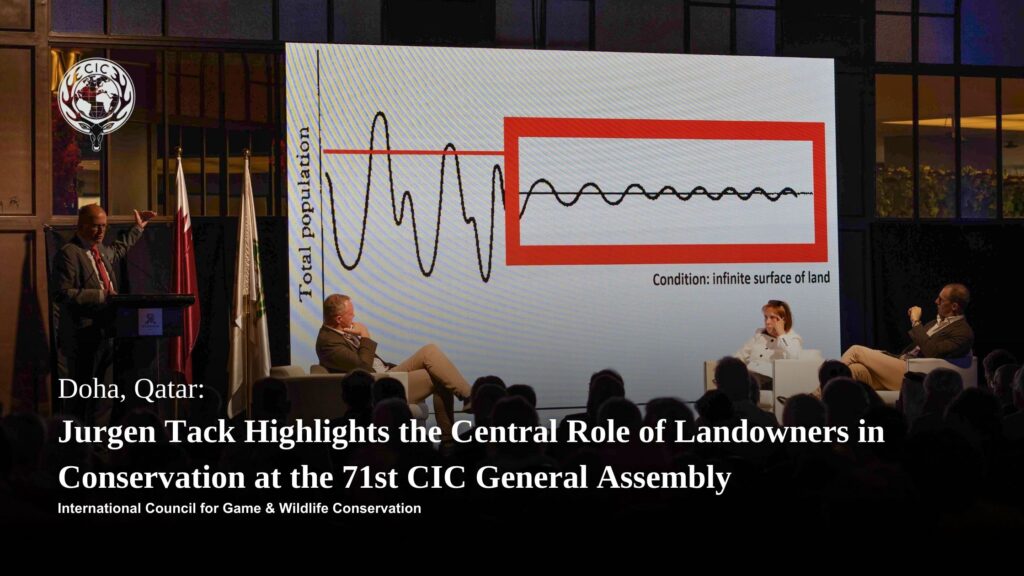Home » News & Press » Large Carnivore Management in Europe: European Hunters’ Conference in Prague
Facebook
X
LinkedIn




